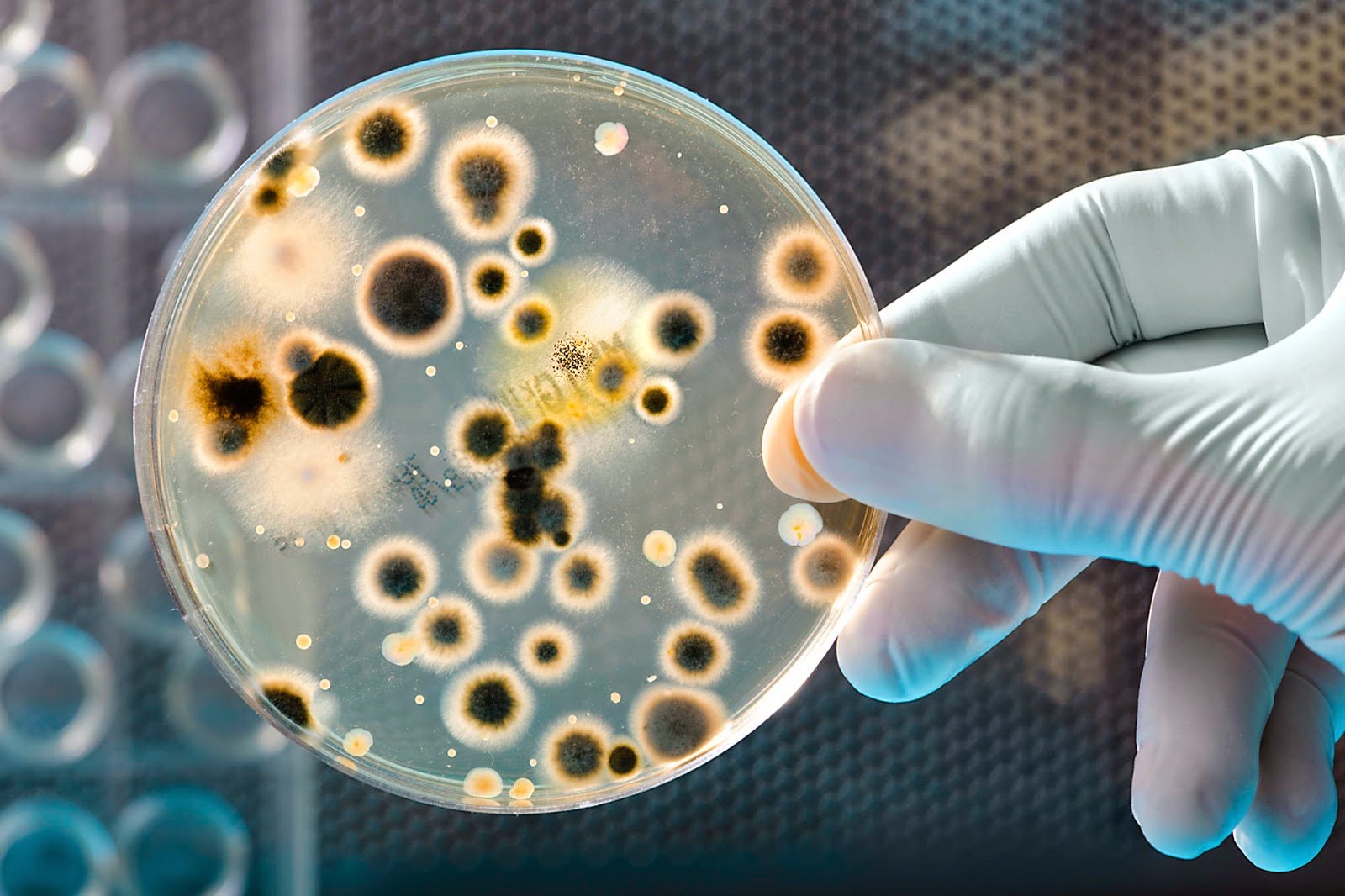The New Age Armageddon: War on Superbugs
February 12, 2016 | Friday | News | By BioSpectrum Bureau
The New Age Armageddon: War on Superbugs
(Photo Courtesy: www.mindsofmalady.com)
Common diseases and infections, once curable, may turn out to be incurable again with the emergence of antibiotic resistance in bacteria, threatening the global health security. Many countries and global health organizations are adding this new age menace to their emergency list.
Pharmaceutical companies around the world have excelled in the mass production of antibiotics, which in turn has led to the misuse and over-usage of antibiotics, creating bacteria that are totally refractory to the action of all antibiotics.
This antibiotic resistance has created an urgent medical need for discovering new drugs to combat the increasing loss of lives due to hospital-acquired infections, urinary tract infections, pneumonia, and bloodstream infections, among others.
GangaGen Biotechnologies, a Bangalore-based Biotechnology R&D company, is focusing on developing new and novel therapeutic agents derived from Bacteriophages to control bacterial pathogens resistant to antibiotic therapy.
Phage-based therapeutics are novel, first-in-class molecules that have potent activity against bacterial pathogens.
About one hundred years ago, French-Canadian microbiologist Dr Félix d'Herelle discovered the Bacteriophage, a bacterial virus, at the Pasteur Institute in Paris, France.
A Bacteriophage is a virus active against specific bacteria. It infects the bacteria, multiplies within and ultimately kills them.
The progeny Bacteriophages emerge from the lysed bacterial cells, then pursue and kill neighboring bacterial cells of the same kind.
During his experiments, Dr d'Herelle discovered the benefits of treatment using Bacteriophages because of the powerful and specific antibacterial activity of the phages.
He conceived the concept of 'Phage Therapy', a therapeutic process of using Bacteriophages' selectivity for destroying pathogenic bacteria, but remaining neutral to human cells.
"In the next 10 years, we may not have any new antibiotics. We should look at Phages as a possibility for combating drug resistance. This approach marks a paradigm shift in antibacterial therapeutics, and opens up possibilities of developing novel pathogen-specific therapies, which will also be consistent with the aim of limiting the spread of drug resistance," says Prof J Ramachandran, Chairman, GangaGen.
In Tbilisi, Georgia, for example, Phage Therapy is routinely practiced even today as one of the major ways of treating infections.
Phage therapy has the potential to deal 'smartly' with infections, but unfortunately this mode of treatment disappeared from the radar as pharma companies found antibiotics much easier to manufacture.
Back in 2000, when Phage Therapy was presented to regulatory agencies, it was viewed as a regulatory risk because of bringing foreign DNA into the human body, and because of the Phage's ability to amplify.
Thus, regulatory bodies were less keen to focus on Bacteriophages as a therapy.
Taking a cue from the natural mode of action of the Bacteriophages for invading their host bacteria, scientists at GangaGen have designed a unique protein molecule, which is a hybrid phage protein combining the properties of selective binding, and the ability to punch holes in the bacterial cell.
The engineered protein, P128 (StaphTAME), exerts its killing activity from outside the cell through binding to specific chemical structures on the Staph cell wall, unlike conventional antibiotics, which can kill only after entering the bacterial cell.
Dr T S Balganesh, President, GanGagen Biotechnologies, avers that this unique property of P128 along with its rapid action also significantly reduces the rate of development of resistance.
The acronym 'TAME' used by the company for these 'Tail Associated Muralytic Enzymes' is apt, as the protein can 'tame' superbugs.
Antibiotics tend to kill both the disease-causing bacteria and the untargeted, often helpful, microflora in the body.
The P128 is a recombinant protein developed for the prevention and treatment of Staphylococcal infections, including infection with methicillin-resistant S. aureus (MRSA), and does not act on other bacterial species which forms a part of the normal flora of the human body.
Additionally, P128 has potent activity against S.aureus in biofilms, which are resilient to most antimicrobial agents.
From bench-to-bedside, the R&D for this patented P128 was done in Bangalore, at a fraction of the cost if it were done in the US.
The product is the first TAME-based protein to enter clinical development and currently has the following development portfolio:
 First-in-Class for eradicating Staphylococcus aureus from the anterior nares of dialysis patients. (Phase 1/2a study completed in Singapore)
 First-in-Class for treating Staphylococcus spp infections of 'venous leg ulcers'. (Phase 1/2a study for determining safety and efficacy scheduled in 2016 in the US)
 First-in-Class for treating Staphylococcus bacteremia in combination with Standard of Care (SOC) antibiotics. (The protein is in late pre-clinical development for the indication, with initial clinical studies planned for 2017)









